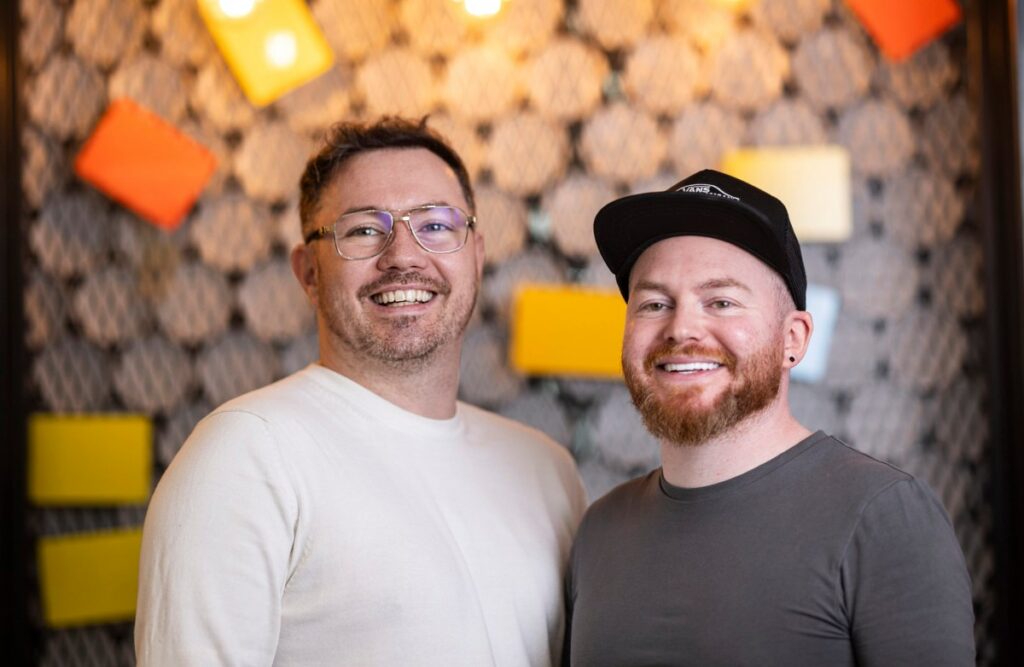OpenAI is launching a new general purpose AI agent in ChatGPT, which the company says can complete a wide variety of computer-based tasks on behalf of users. OpenAI says the agent can automatically navigate a user’s calendar, generate editable presentations and slideshows, and run code.
The tool, called ChatGPT agent, combines several capabilities from OpenAI’s previous agentic tools, including Operator’s ability to click around on websites, as well as Deep Research’s ability to synthesize information from dozens of websites into a concise research report. OpenAI says users will be able to interact with the agent simply by prompting ChatGPT in natural language.
On Thursday, OpenAI is rolling out ChatGPT agent for subscribers to its Pro, Plus, and Team plans. To activate the tool, users can select “agent mode” in ChatGPT’s dropdown menu of tools.
The launch of ChatGPT agent represents OpenAI’s boldest attempt yet to turn ChatGPT into an agentic product that can take actions and offload tasks for users, rather than just answering questions. In recent years, Silicon Valley companies including OpenAI, Google, and Perplexity have unveiled dozens of AI agents that have promised to do just that. However, these early version of AI agents have proven to struggle with complex tasks, and seem less compelling as products than the ultimate vision tech executives pitch around AI agents.
That said, OpenAI says ChatGPT agent is far more capable than its previous offerings.
OpenAI’s new agent can access ChatGPT connectors, allowing users to connect apps like Gmail and GitHub so that the agent can find relevant information to your prompts. Furthermore, OpenAI says ChatGPT agent has access to a terminal, and can use APIs to access certain apps.
OpenAI suggests that users can tap ChatGPT agent to “plan and buy ingredients to make Japanese breakfast for four,” as well as “analyze three competitors and create a slide deck.” These kinds of capabilities requires ChatGPT agent to parse through websites, plan a course of action, and use tools — much more complicated tasks than OpenAI has previously tried to tackle with agents.
Techcrunch event
San Francisco
|
October 27-29, 2025
The model underlying ChatGPT agent offers state-of-the-art performance on several benchmarks, according to OpenAI.
The company says the ChatGPT agent model scores 41.6% on Humanity’s Last Exam (pass@1), a difficult test made up of thousands of questions across more than one hundred subjects. That’s roughly double what OpenAI’s o3 and o4-mini scored on the test.
On FrontierMath, one of the hardest known math benchmarks, OpenAI says ChatGPT agent scores 27.4% when it has access to tools, such as a terminal for code execution. The previous state-of-the-art score comes from o4-mini, which scored just 6.3%.
OpenAI notes that it developed ChatGPT agent with safety in mind, largely because the product presents some newfound capabilities that could make it more dangerous in the hands of a bad actor. OpenAI has previously warned that agentic models could present more dangerous capabilities.
In a safety report for ChatGPT agent, OpenAI says it’s designed the model as “high capability” in biological and chemical weapon domains, which is defined in OpenAI’s Preparedness Framework as a model with the ability to “amplify existing pathways to severe harm.” OpenAI notes that it does not have direct evidence of this, but it’s decided to take a precautionary approach and activate new safeguards to mitigate these risks.
Among the new safeguards for ChatGPT agent include a monitor that works in real-time as users interact with the product. OpenAI says it runs a classifier across every prompt entered into ChatGPT agent, determining whether the request is related to biology. If so, OpenAI runs the ChatGPT’s agents response through a second monitor, that determines whether the content could be used to evoke a biological threat.
While ChatGPT agent sounds impressive, it it remains to be seen how capable OpenAI’s new agent truly is in the real world. Until now, agent technology has proven relatively brittle when interacting with the real world. That said, OpenAI believes it’s developed a more capable model that’s able to deliver on the promise of AI agents.
This story was updated with more information.


